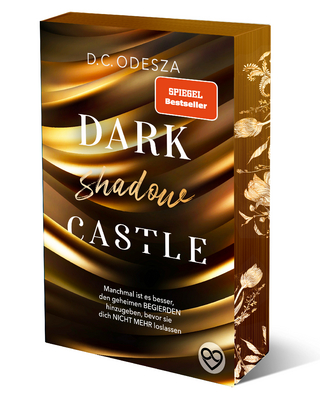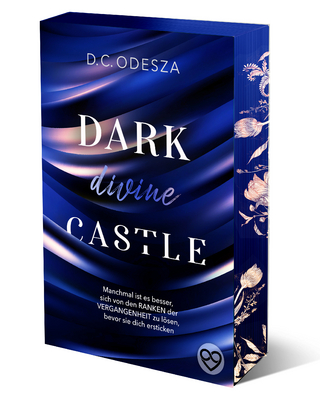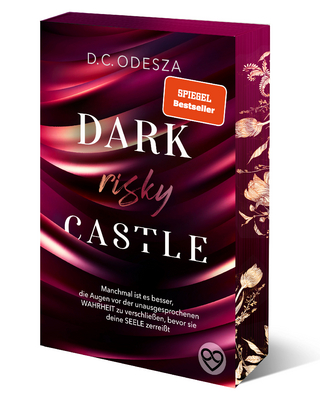
The Music of the Gothic:1789–1820
Seiten
2024
Cambridge University Press (Verlag)
978-1-009-53286-0 (ISBN)
Cambridge University Press (Verlag)
978-1-009-53286-0 (ISBN)
- Lieferbar (Termin unbekannt)
- Versandkostenfrei innerhalb Deutschlands
- Auch auf Rechnung
- Verfügbarkeit in der Filiale vor Ort prüfen
- Artikel merken
In the 1790s, the music of Gothic novels and plays was celebratory, calming rather than scary. By 1820, the music of Gothic is more likely to provoke shock, discomfort, and unease. This Element shows Melodrama brings about this change which had long-lasting effects on the music of the Gothic in fiction and poetry, on the stage and the screen.
Music plays an essential role in Gothic in the years 1789–1820, but it signifies very differently at the end of the period compared with the beginning. In the 1790s, the music of Gothic novels and plays is not Gothic music; it is celebratory, calming or transcendent rather than scary. By 1820, the music of Gothic is more likely to provoke shock, discomfort and unease. Melodrama brings about this change. Its ascendancy had long-lasting effects on the music of the Gothic more generally – in fiction and poetry, on the stage and the screen. The book considers work by writers including Ann Radcliffe, Matthew Lewis, Eliza Fenwick, Samuel Taylor Coleridge and James Boaden in conjunction with music by composers such as Michael Kelly, Stephen Storace and Samuel Arnold. Audio files of the music accompany the book.
Music plays an essential role in Gothic in the years 1789–1820, but it signifies very differently at the end of the period compared with the beginning. In the 1790s, the music of Gothic novels and plays is not Gothic music; it is celebratory, calming or transcendent rather than scary. By 1820, the music of Gothic is more likely to provoke shock, discomfort and unease. Melodrama brings about this change. Its ascendancy had long-lasting effects on the music of the Gothic more generally – in fiction and poetry, on the stage and the screen. The book considers work by writers including Ann Radcliffe, Matthew Lewis, Eliza Fenwick, Samuel Taylor Coleridge and James Boaden in conjunction with music by composers such as Michael Kelly, Stephen Storace and Samuel Arnold. Audio files of the music accompany the book.
1. Introduction; 2. Section one: 'various and enchanting powers': music in the Radcliffean romance; 3. Section two: 'no longer blended': rewriting Radcliffe's music; 4. Section three: Ann Radcliffe goes to the opera; 5. Section four: 'jolly friars tippled here': gothic drama as comic opera; 6. Section five: 'the captivation of an unearthly music': Michael Kelly, the castle spectre and remorse; 7. Section six: a 'change of strain': melodrama and the advent of gothic music; Bibliographies.
| Erscheinungsdatum | 07.01.2025 |
|---|---|
| Reihe/Serie | Elements in the Gothic |
| Zusatzinfo | Worked examples or Exercises |
| Verlagsort | Cambridge |
| Sprache | englisch |
| Themenwelt | Literatur ► Lyrik / Dramatik ► Dramatik / Theater |
| Kunst / Musik / Theater ► Musik ► Klassik / Oper / Musical | |
| Geisteswissenschaften ► Sprach- / Literaturwissenschaft ► Anglistik / Amerikanistik | |
| Geisteswissenschaften ► Sprach- / Literaturwissenschaft ► Literaturwissenschaft | |
| ISBN-10 | 1-009-53286-3 / 1009532863 |
| ISBN-13 | 978-1-009-53286-0 / 9781009532860 |
| Zustand | Neuware |
| Informationen gemäß Produktsicherheitsverordnung (GPSR) | |
| Haben Sie eine Frage zum Produkt? |
Mehr entdecken
aus dem Bereich
aus dem Bereich


